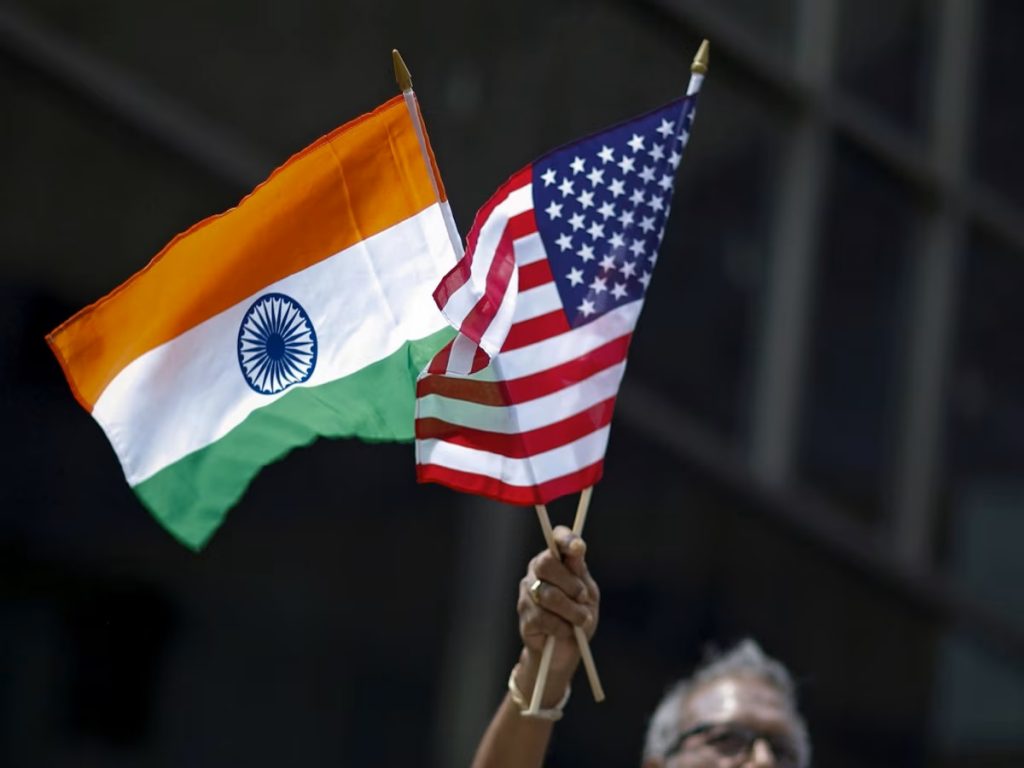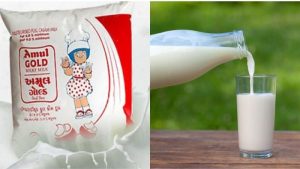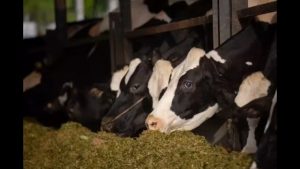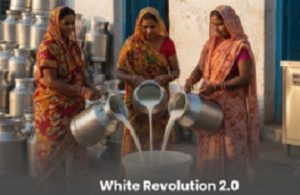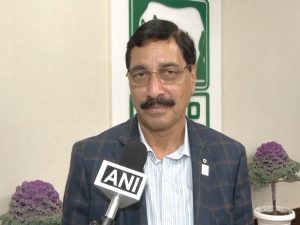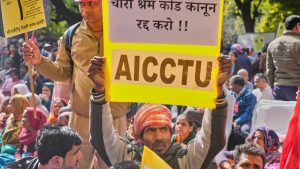
High-stakes negotiations extended in Washington as India firmly resists US demands on sensitive farm sectors.
High-stakes trade negotiations between India and the United States have hit a significant stalemate in Washington, primarily over contentious issues in the agriculture and dairy sectors. India’s top trade negotiator, Rajesh Agarwal, has extended his stay in the U.S. capital as both nations race against a looming July 9 deadline, after which reciprocal tariffs could be reinstated. This impasse highlights the profound economic and political sensitivities involved for both sides, particularly for India’s vast rural economy.
A central point of contention is the U.S. demand for duty concessions and expanded market access for its agricultural products, including dairy, genetically modified (GM) crops, apples, and nuts. India, however, has adopted a firm stance, declaring its dairy sector and broader agriculture as “red lines” that are non-negotiable. This position is rooted in the fact that over 80 million people in India, predominantly smallholder farmers, depend on these sectors for their livelihoods.
Indian officials emphasize that opening up these sensitive sectors to subsidized U.S. imports could devastate the incomes of millions of small-scale producers. Unlike the corporatized farming model in the U.S., Indian agriculture is largely a sustenance livelihood, making any concessions politically and economically perilous. India has historically maintained a closed dairy sector in its free trade agreements, reflecting a deep commitment to food sovereignty and protecting its domestic cooperative models like Amul and Nandini.
The negotiations are further complicated by India’s cautious approach to GM foods, citing concerns about environmental risks and potential impacts on its exports to GM-sensitive markets. While India seeks duty concessions for its labor-intensive sectors such as textiles, garments, gems, and leather goods, it remains unwilling to budge on areas that could undermine its domestic food production and rural employment.
As the July 9 tariff deadline approaches, the outcome of these talks remains uncertain. While both countries aim for an interim deal as a stepping stone towards doubling bilateral trade to USD 500 billion by 2030, India’s unwavering position on agriculture and dairy underscores its commitment to protecting its farmers and national food security, even if it means risking the re-imposition of tariffs.
Source: Related reporting from CNBC-TV18, NDTV, India Today, and Business Today.
You can now read the most important #news on #eDairyNews #Whatsapp channels!!!
🇮🇳 eDairy News ÍNDIA: https://whatsapp.com/channel/0029VaPidCcGpLHImBQk6x1F
